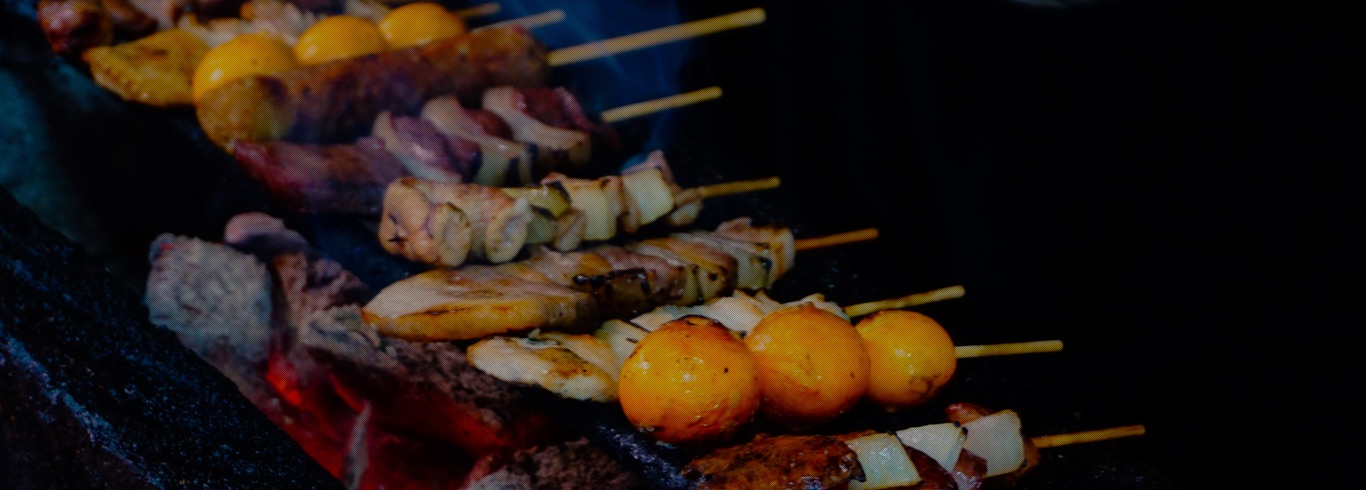On y trouve le plus grand nombre de restaurants de yakitori du Japon et le poulet fermier y est ferme et juteux. De plus, on y fait l'une des plus grandes prises de « calmar Senzaki ». Les viandes, les poissons, les légumes, de nombreux plats délicieux élevés par une nature riche vous attendent.

C'est la ville qui s'enorgueillit de posséder le plus grand nombre de restaurants de yakitori du Japon pour 10 000 habitants.

La chair est tendre, la douceur intense, cette apparence magnifique en fait véritablement la « reine des calmars » (ika no joô).

La pâte de poisson produite à Senzaki dans la ville de Nagato, dans la préfecture de Yamaguchi, est célèbre pour son « yakinuki kamaboko » (kamaboko grillé) caractéristique de cette région. Sa saveur est extrêmement fine avec une bonne sensation en bouche tendre mais ferme.
Poulet fermier originaire de la préfecture de Yamaguchi. Comme sa chair est tendre tout en gardant un mordant modéré et que plus on la mâche et plus sa saveur ressort, vous pouvez la déguster évidemment en simple grillade au charbon de bois ou en nabe mais même en préparant des plats qui nécessitent un peu plus d'efforts, vous pourrez profiter suffisamment de la véritable saveur du Chôshu kurokashiwa.
Les bovins d'engraissement qui ont grandi tout au long de l'année sous le climat doux ont une chair dont la qualité est également bonne et ils ont une très bonne réputation sur le marché du Kansai où ils sont principalement expédiés.
Les produits de la mer transformés qui tirent parti de la fraîcheur des produits constituent également l'une des spécialités de Nagato. Grâce à diverses astuces, vous pouvez profiter d'une grande variété de saveurs. Il existe une grande richesse de variétés, séchés, fumés ou de risotto au fugu.
Les kabosus et les sudachis sont des agrumes du genre citrus originaux de la préfecture de Yamaguchi. Leur récolte s'étend du début du mois d'août jusqu'à la fin du mois d'octobre. Ils sont caractérisés par un arôme rafraîchissant et une légère acidité, ils se marient à la perfection avec la sauce de soja.
Il existe de nombreuses confiseries uniques de Nagato qui sont nées de l'histoire et de la richesse de la nature comme les onsenmanjûs, les manjûs des trois singes ou les toritamagosenbeis.